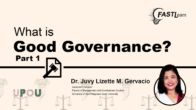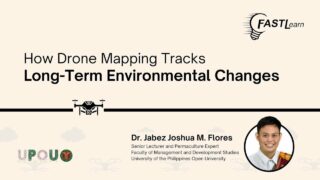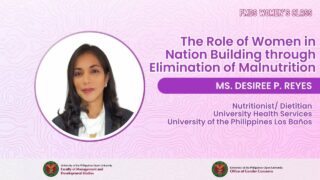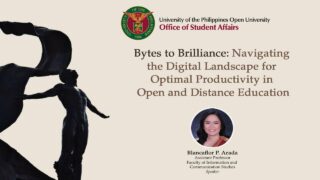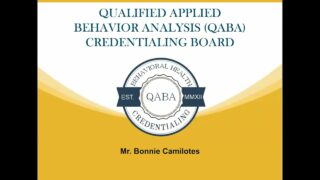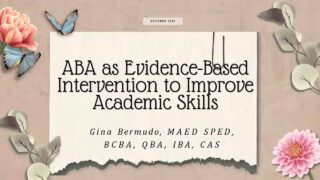So What is Good Governance?
So good governance is management of a government that is free from abuse of power and corruption. So good governance aims to minimize corruption. So according to the UNDP or the United Nations Development Program, there are eight core characteristics or elements of good governance. So let’s list them one by one.
Number one, participation. So everyone is free to voice their opinions through institutions or representations. So everyone can participate. Usually, we can participate through elections, right? So we will look at the people we voted for and represent what we feel about the things we do. This is what we call indirect. The direct is. You can participate in town hall meetings, we went there for committee hearings, direct meetings are allowed. So that’s participation.
The second is the rule of law. This is the legal framework in the country which must be enforced impartially, especially concerning human rights law. We don’t have any demands, although sometimes we say,
Why are we only catching the big fish, but not the small ones? So the rule of law is important because it follows all people. The law applies to all. We are not just choosing, and it provides stability to our government.
The third is transparency. We show everyone what’s happening, the policies, we let people know. In fact, government offices are usually arranged for glass, so that no one hides, because they always say there’s an under the table transaction are hidden under the table. But when it becomes transparent, you show it to everyone. Especially to the policies, especially the affected sectors, we really let them know that these are our policies so that people can understand. For example, we need to import rice. We need to tell people that we will import rice because we don’t have rice. That’s how the government’s transparency works.
Number four is responsiveness. So, institutions and processes to serve all stakeholders within a reasonable time. So, in the government, we are told that within a certain period of time. We respond to people’s needs. We don’t make it take too long. Because if it takes too long, it means that you’re asking for a favor, so you’re making the transaction take too long.
You should respond. In fact, we have a no-noon break policy that other offices are adopting, especially with frontliners. Because it is needed. We are taking care of the needs of the people, so we are doing a non-non-break policy so that the service is continuous.
